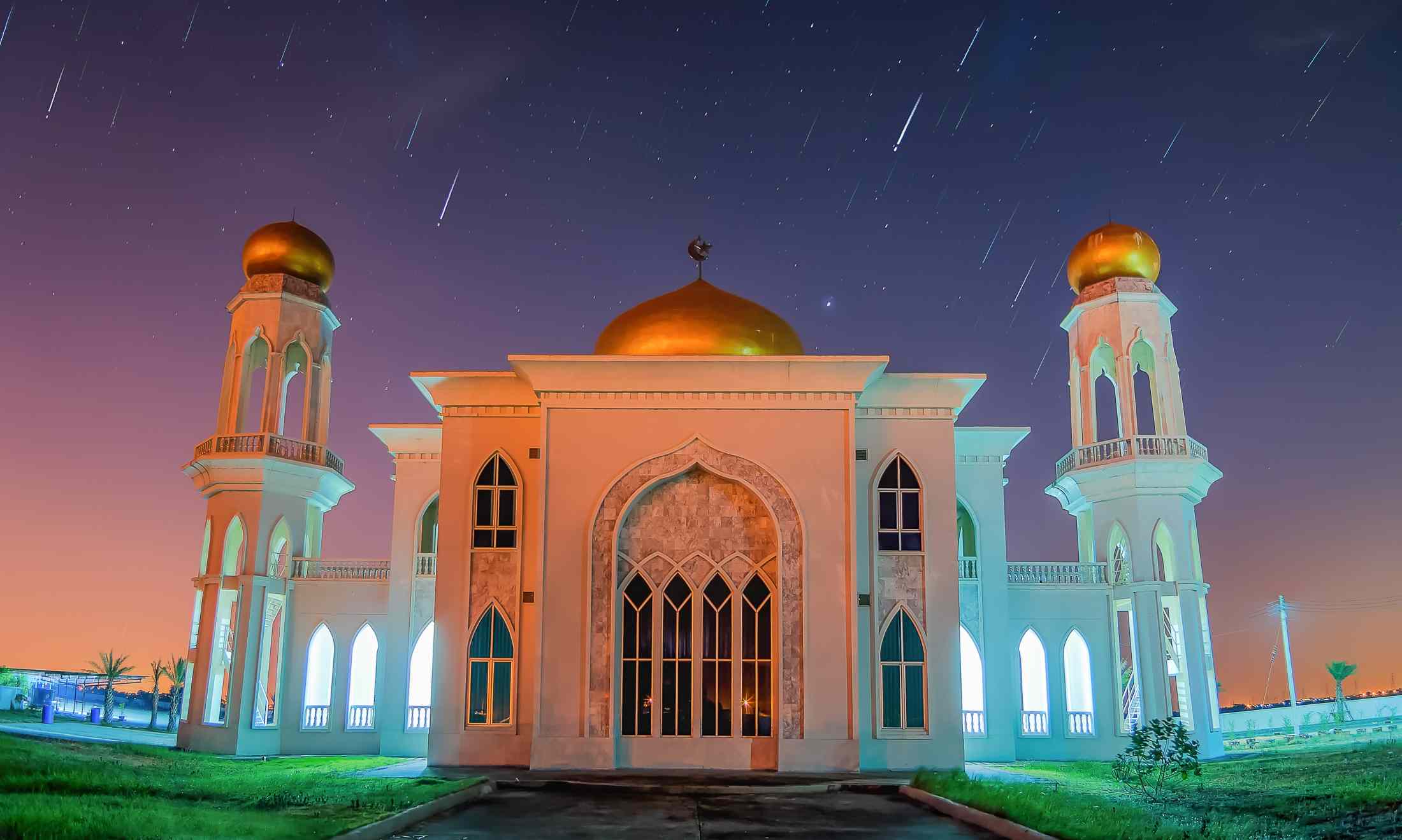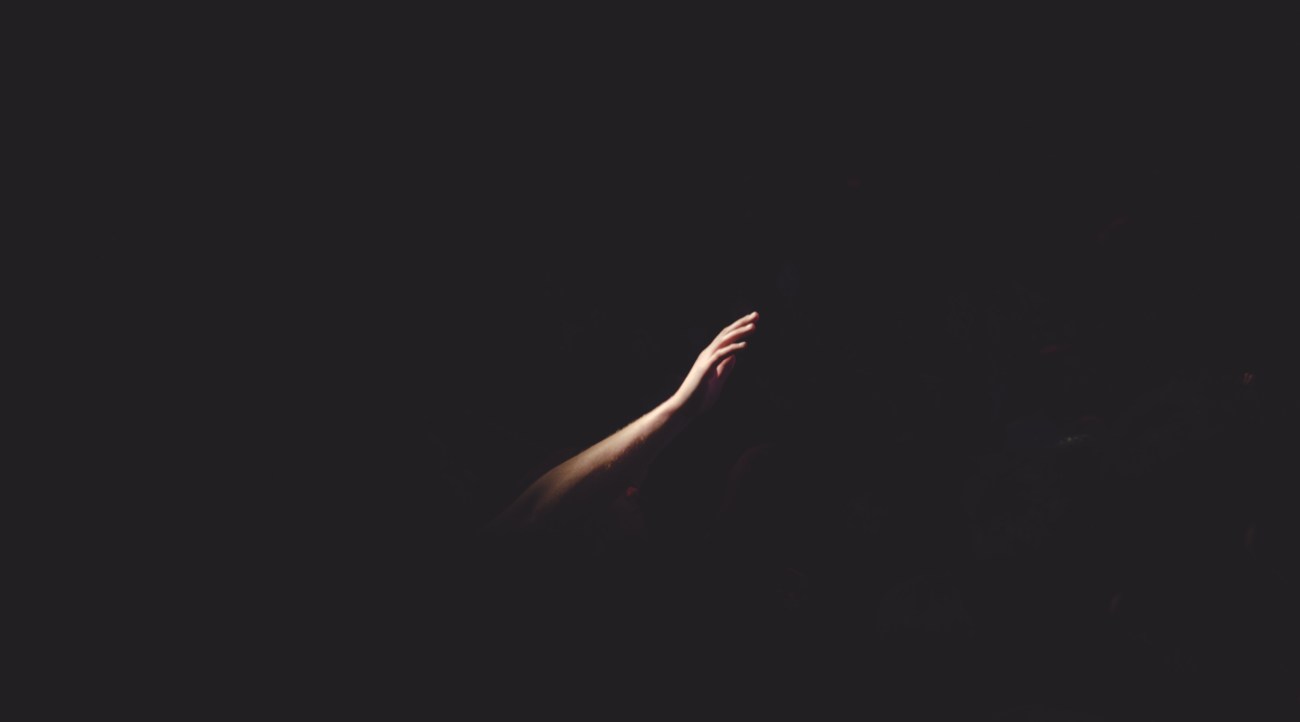Sometimes we find it hard to remain positive and stay hopeful. You may notice that feelings of hurt, anxiety, fear or other negative feelings last longer after an event than feelings of joy, happiness or excitement.
This experience is not unique! It is actually a phenomenon that researchers have named and studied. It is called the “negativity bias.”
While a negativity bias is important to keep us safe, it can be pervasive and self-destructive. A strong negativity bias can produce a negative self-image with thoughts like “I don’t deserve good” or “nothing goes right for me.” And worst of all, it can actually make you mentally and even physically ill!
? Read Also: How Prophet Muhammad Corrected Mistakes (7 Strategies)
Most Dangerous Negativity
So what happens when a strong negativity bias doesn’t just present in your thoughts about your job, home life, relationships or social life? What happens when it presents in your thoughts about Allah? That can be incredibly dangerous and lead to the worst outcome of all: losing your faith.
To reverse engineer the problem, let’s reflect. If we have a natural inclination toward a possibly self-destructive habit of thinking negatively, then how do we mitigate its impact?
Put simply, we allow the negativity bias to present when it is safe and needed. And when it is not, we beat it to the stage with a positive thought. We repeat those positive thoughts until we believe it. This is the basis of cognitive therapy.
Islamic Solution
The theme of resisting the negativity bias existed in Islam before the study of psychology even existed! One place we see it is in the following hadith qudsi.
A hadith qudsi is a statement whose substance is from Allah, and is documented in the Prophet Muhammad’s (peace and blessings upon him) words rather than Quran.
On the authority of Abu Hurayrah (may Allah be pleased with him), who said that the Prophet (peace and blessings upon him) said:
Allah the Almighty said: I am as My servant thinks I am. I am with him when he makes mention of Me.
If he makes mention of Me to himself, I make mention of him to Myself; and if he makes mention of Me in an assembly, I make mention of him in an assembly better than it.
If he draws near to Me a hand’s span, I draw near to him an arm’s length; and if he draws near to Me an arm’s length, I draw closer by a distance of two outstretched arms nearer to him. And if he comes to Me walking, I go to him at speed. (Bukhari & Muslim)
Confirmation Bias
This hadith hints at another psychological concept called a “confirmation bias.” This is when you look for the things that will confirm or support a belief you have. The negativity and confirmation biases are dangerous friends that feed into one another. They lead a person to despair, hopelessness and complacency. A person of faith may hurt their relationship with Allah if these biases are strong.
So Allah tells us He is as we think of Him. Allah will always be the Most Merciful, the Most Just, the Sustainer, the Loving, and all the beautiful characteristics.
But, that doesn’t mean that we will always whole-heartedly believe or act toward Allah based on those qualities of His.
Our beliefs about Allah can be subject to our personal negativity and confirmation biases! Certainly, this is a failure on our part, never Allah’s (and we seek refuge from shaytan).
So if you seek opportunities to think well of Allah, the confirmation bias will work in your favor and you’ll only see good! And then, the power of the negativity bias will be weaker.
But if you wrongfully think ill of Allah, the confirmation bias will wear you down and the negativity bias will eat at you. The soul is not meant to house such negativity, thus spiritual and physical illness will ensue.
Think Well of Allah
The Quran reminds us to think well of Allah (having husn-athan billah).
{Say, ˹O Prophet, that Allah says,˺ “O My servants who have exceeded the limits against their souls! Do not lose hope in Allah’s mercy, for Allah certainly forgives all sins. He is indeed the All-Forgiving, Most Merciful.} (Azumar 39:53)
In Tahdhib Madarij as-Salikin, Ibn Al-Qayim mentions the following:
“The more you have good expectations and hope in Allah, the more you will rely and trust in Him…
In truth, having good expectations of Him leads to relying and trusting in Him, as it is unthinkable that one trusts someone he has bad expectations of or no hope in. And Allah knows best.”
Ibn Al Qayim also describes in other works that those without such good hope in Allah fall into traps like believing that they are prone to bad events happening to them or even that that Allah has withheld from them what they truly deserve and wronged them (we seek refuge in Allah).
Navigating through the Storm
If you sense the winds of these feelings in yourself, it is time to resist the negativity bias.
It is time to remember, Allah is as you see Him. And He told us already what He does for His believers, subhanahu.
All the tools to resist are in the Quran and Sunnah. It is through understanding why Allah allows things to happen the way they happen.
It is understanding the meaning and reward of patience.
It is exemplifying tawakkul (trust in Allah) and learning how the Prophet (peace and blessings upon him) did that too!
The Prophet (peace and blessings upon him) said,
“No fatigue, nor disease, nor sorrow, nor sadness, nor hurt, nor distress befalls a Muslim, even if it were the prick he receives from a thorn, but that Allah expiates some of his sins for that.” (Bukhari)
Stay Hopeful! The Hereafter Is There
We should remember this life is not meant to be heavenly perfection. The akhirah (hereafter) is!
So how beautiful is it that the events conspire for the most beautiful ending for the believer (by Allah’s divine command).
How beautiful to know that those who hurt you and others will be brought to justice on the Day of Judgement.
? Read Also: Surah Ad-Duha Consoled the Prophet (PBUH) & Can Relieve You Too
How beautiful to know that the hardship we face relieves sins and preps our place in Jannah.
How beautiful to know Allah gave you exactly enough that you need to receive his mercy. He doesn’t discriminate, whether you are filthy rich or dirt poor!
So utilize the confirmation bias to your advantage and use the Quran and Sunnah to fight your negativity bias. In the end, we will see the truth of Allah’s bounty!


